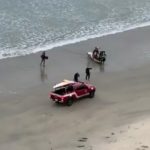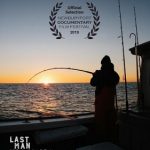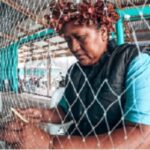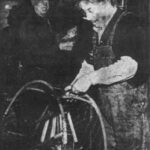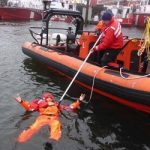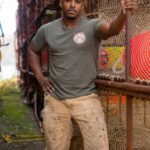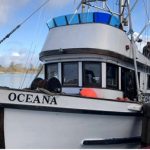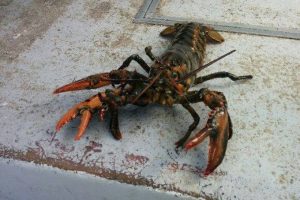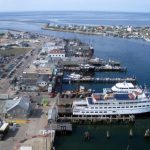Tag Archives: Washington State
Construction Worker/Commercial Fisherman David Earl Finifrock Jr. of Washington State, has passed away
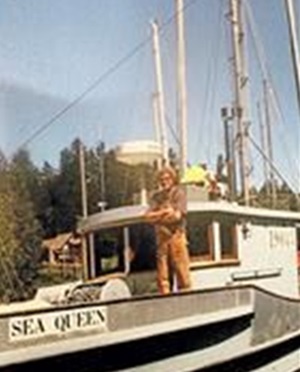 Earl Finifrock Jr., born May 1,1966 in Ogden, Utah to father, David Finifrock Sr., currently of Tracyton, Washington and mother Cynthia Finifrock currently of Gig Harbor, Washington, passed away from a massive heart attack on Friday, February 16, 2024, at a construction site he was working on in Key Center, Washington. David was also a successful commercial fisherman, spending most summers for the past several years on his 50′ trawler, the “Sea Queen”, in the waters near Wrangell, Alaska, fishing for salmon. Most people who knew David would describe him as a good and honest friend, nephew, and cousin, a great craftsman, a wonderful son to his parents, and generally “one of the best guys you would ever want to know”. more, >>click to read<< 20:39
Earl Finifrock Jr., born May 1,1966 in Ogden, Utah to father, David Finifrock Sr., currently of Tracyton, Washington and mother Cynthia Finifrock currently of Gig Harbor, Washington, passed away from a massive heart attack on Friday, February 16, 2024, at a construction site he was working on in Key Center, Washington. David was also a successful commercial fisherman, spending most summers for the past several years on his 50′ trawler, the “Sea Queen”, in the waters near Wrangell, Alaska, fishing for salmon. Most people who knew David would describe him as a good and honest friend, nephew, and cousin, a great craftsman, a wonderful son to his parents, and generally “one of the best guys you would ever want to know”. more, >>click to read<< 20:39
U.S. regulators will review car-tire chemical that kills salmon, upon request from West Coast tribes
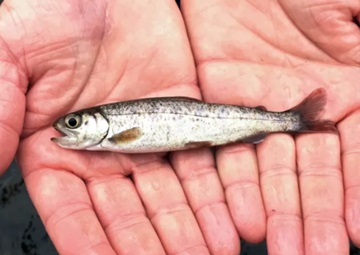 U.S. regulators say they will review the use of a chemical found in almost every tire after a petition from West Coast Native American tribes that want it banned because it kills salmon as they return from the ocean to their natal streams to spawn. The Yurok tribe in California and the Port Gamble S’Klallam and Puyallup tribes in Washington asked the Environmental Protection Agency to prohibit the rubber preservative 6PPD earlier this year, saying it kills fish — especially coho salmon — when rains wash it from roadways into rivers. Washington, Oregon, Vermont, Rhode Island and Connecticut also wrote the EPA, citing the chemical’s “unreasonable threat” to their waters and fisheries. >>click to read<< 10:14
U.S. regulators say they will review the use of a chemical found in almost every tire after a petition from West Coast Native American tribes that want it banned because it kills salmon as they return from the ocean to their natal streams to spawn. The Yurok tribe in California and the Port Gamble S’Klallam and Puyallup tribes in Washington asked the Environmental Protection Agency to prohibit the rubber preservative 6PPD earlier this year, saying it kills fish — especially coho salmon — when rains wash it from roadways into rivers. Washington, Oregon, Vermont, Rhode Island and Connecticut also wrote the EPA, citing the chemical’s “unreasonable threat” to their waters and fisheries. >>click to read<< 10:14
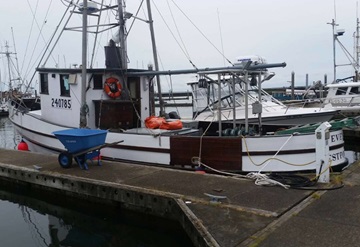
Coast Guard suspends search for missing Westport vessel
The Coast Guard suspended the search for the fishing boat F/V Evening and her two crew, homeported out of Westport, on Wednesday morning after several days of searching. The search began Sunday for the fishing boat when a family member reported them overdue returning, according to Coast Guard public affairs specialist Petty Officer 2nd Class Steve Strohmaier. “Coast Guard members at Station Grays Harbor in Westport received a call from the daughter of one the men stating their father was already supposed to have returned home from the fishing trip,” Strohmaier said in an email. “She was not sure of their intended destination, so the Coast Guard had a wide search area.” >>click to read<< 09:33
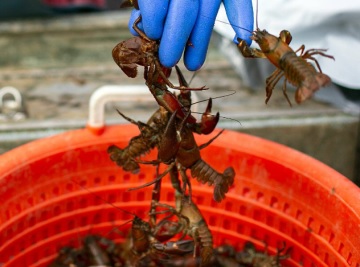
A Southern tradition, fresh from the Snohomish River
It’s a far cry from the bayous of Louisiana, but the crawfish look right at home in the metal trap as Ithamar Glumac hoists them out of the water. “They’re bottom feeders, so they’re perfectly happy to hang out in this trap for as long as I’ll leave them there,” Glumac said. “Food floats right on by and predators can’t get them, so it’s probably like a nice vacation home for them more than anything.” A huge plastic bucket, full of crawfish loosed from similar traps just minutes before, awaits on Glumac’s boat. He unlatches the wire cage and shakes the most recent handful of tiny lobsters out into the tub with their brethren. Then it’s on to the next stop, another one of the hundreds of traps up the Snohomish River pinpointed by Glumac’s GPS-powered fish finder. Photos, >>>.click to read<<< 15:42
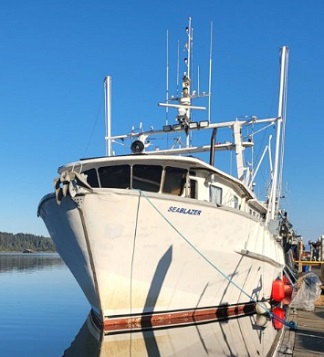
Starlink helps locate sunken treasure in Washington waters worth millions
Nearly 150 years ago, the SS Pacific and the S/V Orpheus collided off the coast of Cape Flattery in Washington state. While the Orpheus was able to ready lifeboats and make necessary repairs, the SS Pacific was not so fortunate, sinking into the late-night waters killing all but two of its estimated, 325 passengers. To this day, the incident remains one of the deadliest maritime disasters in Pacific Northwest history. Jeff Hummel and Matt McCauley first met while attending a high school in Mercer Island in 1979. In conversation, Hummel brought up a sunken airplane he knew about, which his father witnessed crash in Lake Washington while working at the Boeing plant in Renton. Photos, >click to read< 09:32
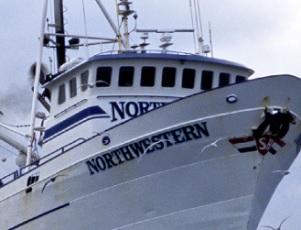
Why A Deadliest Catch Deckhand Is Suing Sig Hansen’s Company
A deckhand working on the fishing vessel Northwestern, which frequently appears on the Discovery hit “Deadliest Catch,” has filed a personal injury lawsuit against the ship’s owners. Alaska Public Media reports that deckhand Nick Mavar Jr. filed a civil suit against Hansen Enterprises, Inc. in December 2022 in Washington State’s King County Superior Court. In the brief, as quoted by Alaska Public Media, Mavar Jr. explains that during a December 2020 voyage with the show’s crew aboard the boat, Mavar Jr. began to experience worsening abdominal pain while working. He claims that he was not given adequate medical treatment in time, resulting in his appendix bursting before he was airlifted to a local hospital for treatment. It was later discovered that there was a cancerous tumor within the ruptured organ. Hansen Enterprise’s legal issues don’t end there. In the wake of Nick Mavar Jr.’s suit, Hansen Enterprises Inc. filed a civil lawsuit against Original Productions Inc and Trifecta Solutions LLC >click to read< 19:40
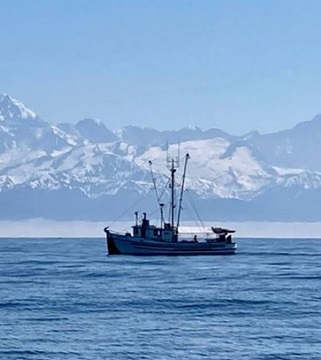
Lawsuit threatens Washington’s commercial fishing families | Opinion
While Alaska might be more than 1,000 miles away, Washington shares a lot more with the 49th State than most people realize. This is especially true in the fishing industry where the relationship between Washington and Alaska runs deep and ripples throughout Washington’s economy and communities. We are seeing the complexities and the nuances of this relationship play out right now in a lawsuit that the Seattle-based Wild Fish Conservancy brought against the National Marine Fisheries Service in 2020 with the goal to shut down southeast Alaska’s small boat, hook-and-line Chinook troll fishery in the misguided name of saving the Southern Resident killer whales. >click to read< 14:57
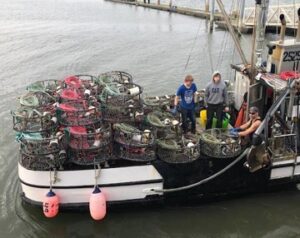
Westport and Tokeland drop their crab pots in anticipation of today’s commercial crab opener
At 8 a.m. this past Sunday, “Dump Day” took over the ports at Westport and Tokeland. The pots have been “soaking.” Commercial crabbers were allowed to pull pots they dropped on Sunday, starting at 8 a.m. today, Wednesday, Feb. 1. Jeremy Hammond, 50, Tokeland, is a deckhand for the Southern Cross, a fishing boat moored in Tokeland. His dad was a Bering Sea captain. He spent 12 years fishing the Bering Sea, an inhospitable water full of wind and waves and severe cold. Fit as a fiddle, this past Saturday he manhandled the crab pots as he filled the hull and then the deck of the Southern Cross. Hammond has a softer side, playing guitar, writing his own songs. He has a baby grand piano in his living room. But his essence is as a fisherman. “I’m excited to go out there and make a paycheck,” he said. >click to read< 13:36

Commercial Dungeness crab season opens January 15
The Oregon Department of Fish and Wildlife announced Friday that the commercial Dungeness crab fishery season opens from Cape Falcon to Cape Arago January 15. The season opens February 1 from Cape Falcon north to Washington State; in accordance with the Tri-State Protocol. ODFW says that the crabs are ready for harvest after passing all administered tests. Crab meat fill now meets criteria in all areas of Oregon, and biotoxins are below alert levels in all crab tested from Cape Arago north. However, domoic acid testing of crab will continue from Cape Arago south to the California border as test results Thursday showed elevated levels of domoic acid in the area. >click to read< For more information about crabbing season you can visit ODFW’s website. 09:21
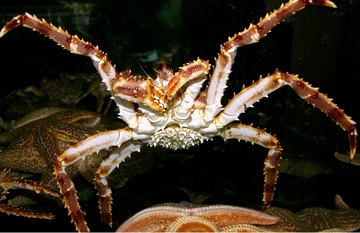
Fishery disaster aid and nearly $500 million worth of Alaska projects included in omnibus budget bill
Aid to Alaska fishermen, companies and communities was included in the year-end omnibus appropriations package that won final passage on Friday. The $300 million in aid funding follows official disaster declarations issued last week by U.S. Commerce Secretary Gina Raimondo for Alaska salmon and crab fishery failures dating back to 2020, as well as some salmon failures in Washington state dating back to 2019. The $300 million in total disaster aid “is a great start for much-needed money to help fishermen and communities pay their bills,” Jamie Goen, executive director of Alaska Bering Sea Crabbers, said in a statement. >click to read< 10:01
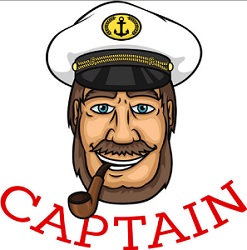
Coast Guard halts illegal use of “paper captains” in WA-based tuna fishing operation
The Coast Guard said in a statement last week that it intervened Oct. 19 to stop the use of illegal foreign nationals on a commercial fishing vessel that operated out of the state of Washington. A Coast Guard Sector Columbia River law enforcement team inspected an 89-foot fishing vessel and determined that the vessel was in violation of the Jones Act — specifically, they were in violation for utilizing a “paper captain.” Paper captain is a term applied to an individual listed on documents as a U.S.-flagged vessel’s captain but in actuality serves as a deckhand or in a similar lower-level capacity. It is federal law that a documented vessel be under the command of a U.S. citizen. In addition to violating the Jones Act, the vessel had several safety violations, including: Degraded immersion suits; an inoperable Emergency Position Indicating Radio Beacon (EPIRB) hydrostatic release; and failure to conduct safety drills. >click to read< 18:00
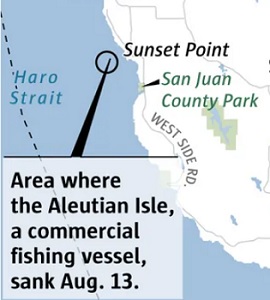
Steps continue to remove sunken boat from seafloor near San Juan Island
Response teams continue to take gradual steps to remove the F/V Aleutian Isle from the seafloor after the 49-foot fishing vessel sank last weekend west of San Juan Island. Teams are moving forward with a plan to remove the whole commercial vessel and have it placed onto a barge, where contaminants can be safely removed, according to a Friday news release from the U.S. Coast Guard 13th District Pacific Northwest. “This is the best course of action to ensure the removal of as much pollutants and contamination as possible from the environmentally sensitive area,” the statement said. >click to read< 20:20
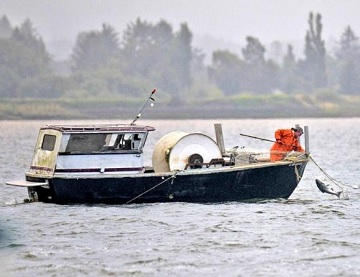
Oregon: Return to evenhanded salmon management
In Astoria in April, the Oregon Fish and Wildlife Commission learned there’s still plenty of life in commercial fishing. This may have come as a surprise, considering how some sport fishing groups have mischaracterized the industry as irrelevant. Since Washington state and Oregon co-manage Columbia River fisheries, the commission’s policies take on great importance for all who value the continuing economic and social benefits of traditional industries. Of these, salmon fishing is so deeply entwined in local culture that it may be said to comprise a key element of our heritage. Still in need of a course correction are misguided policies dictated by former Oregon Gov. John Kitzhaber. >click to read< 07:55
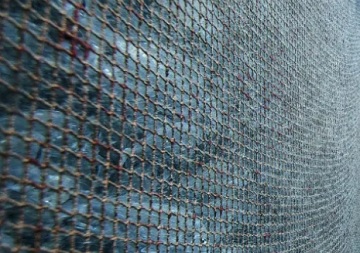
The U.S. is hungry for seafood, but more industrial aquaculture is not the answer
An often cited statistic to prove the need for industrial aquaculture is that as a country, we import as much as 90% of the seafood we consume. A lesser-known fact is that U.S. seafood exports have grown to record levels over the past decade. Rather than allowing destructive fish farming practices that can pollute our environment and displace commercial fishing in our markets, we should support our domestic fishing communities, so they can sell more of the higher-quality wild-caught seafood we produce here at home. Right now, megacorporation’s are pushing the U.S. Environmental Protection Agency and other federal agencies to gut existing regulations and fast-track permit approvals to build new floating factory fish farms and control even more of the seafood market. >click to read< 14:11
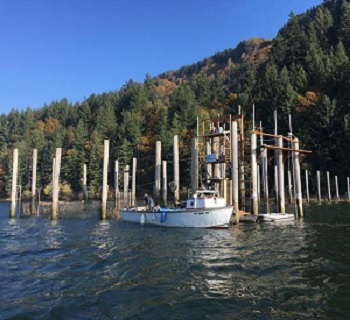
Washington State making a muddle of saving salmon
Local experts connected in various ways with salmon fishing and conservation must be ready to blow a gasket over the Washington Legislature’s latest clumsy efforts to “help.” In legislators’ defense, saving salmon is a supremely messy business, with more murky cross currents and furious undertows than a dangerous outer coast beach.,, Intentional confusion is added by outsiders whose only interest is in grabbing salmon for themselves or using the issue merely as a means to generate financial donations from well-wishing urbanites. And as if all that wasn’t enough, salmon management is also bound up with the need to help Washington’s endangered resident orcas, and with the obligation to coordinate some policies with Oregon and Canada. >click to read< 18:31
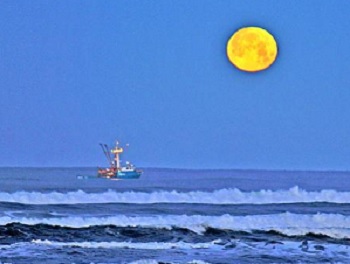
Crabbing families deserve TLC in this tough season
In normal times, this year’s disastrous Dungeness crab season would be big news beyond the coast. Even in this abnormal year, it’s time for elected officials and agencies to pay closer attention to how local families are being hurt by lack of crabbing. Typical measures of economic pain fail to capture the extent of damage.,, The most immediate problem for both commercial crabbing and recreational clamming is the marine toxin domoic acid,,, There are a lot of needy folks this year. That creates a risk that crab-dependent families may be overlooked. This fishery is a disaster and should be treated as an emergency. >click to read< 20:22

Washington State Crab Recall: Certain Dungeness crabs recalled because of poisoning risk
The Quinault Tribe of the Northwestern United States is voluntarily recalling almost 58,000 pounds of live or un-eviscerated Dungeness crab because of possible domoic acid contamination, which can cause amnesic shellfish poisoning in people. With Dungeness crab being a popular New Year’s dish, public health officials in Washing state posted the recall notice today in hopes of reaching holiday cooks before meals are prepared. It is not clear how far the crab may have been distributed. >click to read< 09:30
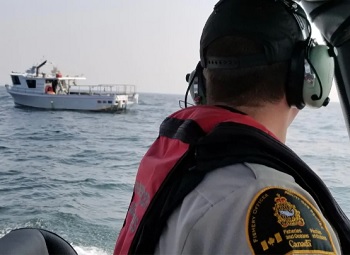
Fisheries officials seize 316 Canadian crab traps set in U.S. water, along with four vessels as part of annual sting
“You have people who push the envelope because it may be worth it for them to do that if they don’t get caught, because there’s money in crab — there’s good money in crab,” he said. “Sometimes getting caught and getting fines may be the price of doing business.” Demsky estimates each set of gear — including a trap, float, ropes and radio frequency ID chip — would cost about $500 to replace. DFO will seek the forfeiture of all of them, and the courts will decide whether the fishers will face fines, the loss of their fishing license or vessels. The fines are often several thousand dollars, but can to go a maximum of $500,000 for a first-time offender, according to Demsky. >click to read< 08:10

DUI interlock issue nearly sinks fisherman
The finicky nature of Washington’s ignition interlock program almost landed a man in jail after he failed to have the machine calibrated on time. Scott Goldade, 45, appeared before Pacific County South District Court Judge Nancy McAllister on Wednesday Sept. 25 for sentence compliance violations. Goldade works as a boat engineer for commercial fishing vessels. When Goldade got back from fishing on July 16 he realized he’d missed his service date when his car wouldn’t start. >click to read< 15:36
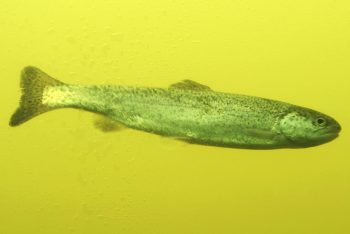
The politically unifying potential of salmon
If there is any issue Democrats and Republicans in Washington State should come together on, it’s salmon. Salmon play a major role in our state’s economy, wildlife diversity and cultural heritage. In Washington alone, salmon help support nearly 16,000 jobs and a $1.1 billion annual fishing economy. Salmon alone provide over 134 million dollars of economic output to Washington state each year. They’re also a keystone species to 137 other animals, including orcas and bears. Unfortunately, the lowest counts of Pacific Northwest salmon in history — and a 60 percent decrease in the population since 1984 — now significantly threaten the essential role of salmon. >click to read<08:58

Alaska, West Coast to receive fishery disaster recovery funds, unclear when
The president signed a bill this month that directs recovery funds to fisheries disasters on the West Coast, including in Alaska, but it’s still unclear how the limited funds will be distributed. In a letter to the U.S. Senate in January, senators wrote that they saw a $150 million need in Alaska following the 2016 pink salmon season disaster in the Gulf. They also identified a $140 million need for the fisheries disasters in California and $117 million for those in Washington State.,, “There’s only $200 million that has been identified for all nine of these disasters,,,, >click to read<15:39
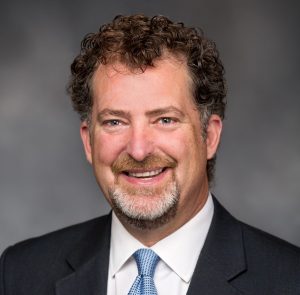
Washington senator wants B.C. to follow suit and phase out net-pen fish farms
A Washington senator says he wants to see British Columbia join the state in phasing out ocean-based Atlantic salmon farms when the province decides whether to renew farm leases in June. An American ban will be less effective in the shared ecosystem of the Salish Sea if fish farms continue to operate in Canadian waters, said Democrat Sen. Kevin Ranker. The Washington state senate and house of representatives have recently passed bills that would phase out net-pen farms when their leases come up for renewal over the next seven years. >click to read<14:06
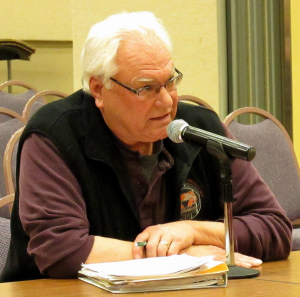
Washington State: Council unanimously opposes coastal oil and gas drilling
The Ocean Shores City Council on Monday unanimously adopted a resolution that opposes offshore oil and gas activities off the coast in response to a pending Trump administration proposal to permit drilling in most U.S. continental-shelf waters. “Our Washington coast is one of the most wonderful places in this entire world,” said Ocean Shores Mayor Crystal Dingler.,, Larry Thevik, the president of the Washington Dungeness Crab Fishing Association and a 47-year resident of Ocean Shores, said he was also speaking on behalf of the Washington Trollers Association and the Westport Charterboat Association. >click here to read< 17:24
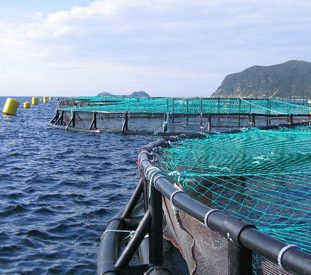
Washington State could end net pens for fish by 2024
By 2024, Washington could ban all net pens where nonnative fish are raised commercially. A bill approved Thursday by the Senate Agriculture, Natural Resources and Water Committee would keep the state from renewing the existing leases as they expire between 2022 and 2024. No new leases are being issued but the state has legal obligations to honor current leases. The proposal also calls for an extensive study of the practice of raising fish in large pens by companies that lease space in Washington waters. It would be presented to the Legislature in January 2021. >click here to read< 14:41
New bill could put Washington salmon farms in jeopardy – >click here to read< 
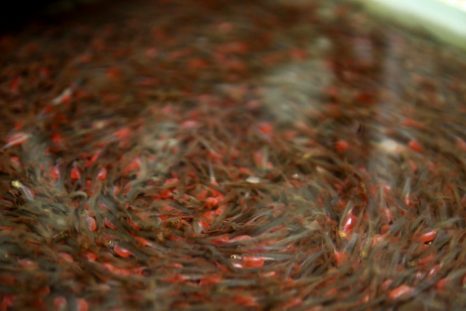
Hatchery Fish Often Fail in the Wild. Now We Might Know Why
Wild salmon are struggling to get their groove back.,, For years, Canada has tried to help bolster the salmon population by releasing hatchery-raised juvenile fish, or smolts, into the wild. Scientists know these hatchery smolts don’t do well in the wild—the fish tend to die younger than their wild brethren and reproduce less, but it’s unclear why. In a recent study, however, researchers think they’ve hit upon a possible explanation.,, In Washington State, hatchery-spawned steelhead also do poorly in the wild. click here to read the story 12:31
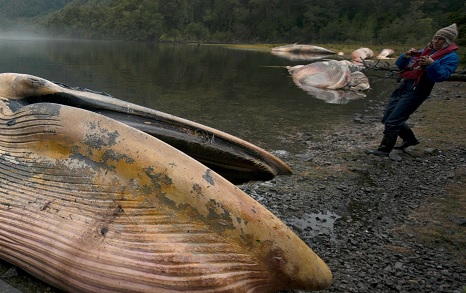
Death by Killer Algae
They didn’t think much of the first dead whale. Dwarfed by the rugged cliffs of Patagonia’s high green fjords, the team of biologists had sailed into a gulf off the Pacific Ocean searching for the ocean’s smaller animals, the marine invertebrates they were there to inventory. That night, while hunting for an anchorage in a narrow bay, the team spotted a large, dead whale floating on the water’s surface. But for the biologists, death—even of such an enormous animal—didn’t seem so unusual. Not so unusual, that is, until they found the second whale, lying on the beach. And a third. And a fourth. In all, they found seven in that bay alone. Over the next day, they counted a total of 25 dead whales in the fjord. click here to read the story 15:42
Washington state senator says he’ll file bill to ban Atlantic salmon farming
 Under fire after a collapse and massive escape last summer, Atlantic salmon net-pen farming would be banned in Washington under legislation that will be filed by Sen. Kevin Ranker this coming session. The legislation would allow existing state leases for the eight Atlantic net-pen farms now operating in Washington to run out by 2025. No permits for new farms would be granted, and no renewals for existing leases would be allowed. The bill also would require state agencies that regulate net-pen farming to keep a tighter watch on operations. click here to read the story 13:30
Under fire after a collapse and massive escape last summer, Atlantic salmon net-pen farming would be banned in Washington under legislation that will be filed by Sen. Kevin Ranker this coming session. The legislation would allow existing state leases for the eight Atlantic net-pen farms now operating in Washington to run out by 2025. No permits for new farms would be granted, and no renewals for existing leases would be allowed. The bill also would require state agencies that regulate net-pen farming to keep a tighter watch on operations. click here to read the story 13:30
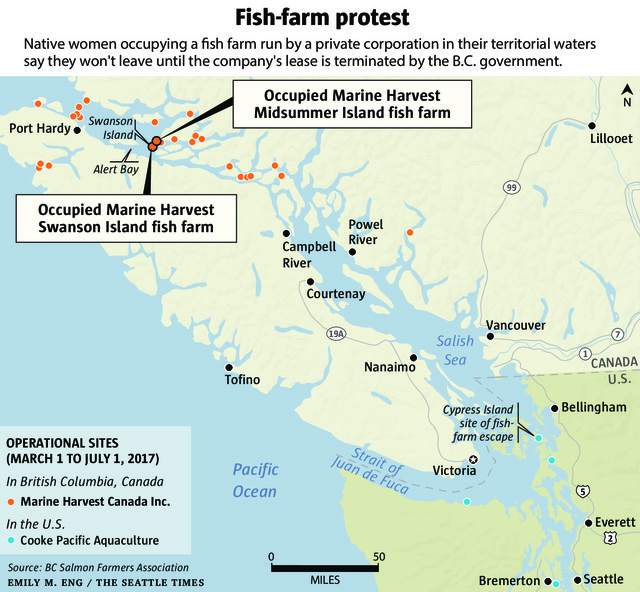
Salmon-farming operations face protests, occupations in B.C., legislative scrutiny in Washington state
A showdown is brewing over Atlantic salmon net-pen farming on both sides of the U.S.-Canada border. Marine Harvest, a major producer of farmed Atlantic salmon in British Columbia, is seeking a court order to evict First Nations women who have occupied one of its fish farms, an order it intends to enforce by police action if necessary, said Ian Roberts, spokesman for the company. Marine Harvest operates 11 open-water Atlantic salmon net-pen farms in the Broughton Archipelago alone, at the northeast end of Vancouver. Ten of the farms have leases that are up for renewal by the B.C. government in June, and two of those farms have been occupied by First Nations people who say they won’t leave until the leases are canceled. click here to read the story 12:04
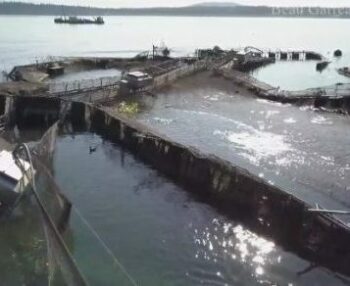
Protest seeks shutdown of Atlantic salmon farms in Washington state
Activists in Washington state plan to launch a protest flotilla on Saturday in the Pacific Ocean’s Puget Sound over the accidental release of tens of thousands of farm-raised Atlantic salmon that they say threaten dwindling stocks of wild fish. The afternoon protest, which seeks to shut down farms that raise the non-native salmon in underwater pens, is expected to draw dozens of boats, kayaks and canoes on a route along the San Juan Islands where the spill happened. That raised fears they would compete with wild fish for food, prey on the young, and expose them to disease. Protesters said native fish like Chinook salmon and steelhead trout were already struggling before the spill. click here to read the story 13:26
Kilmer, Herrera Beutler add funding for fishery disasters to key Appropriations Bill
 U.S. Representatives Derek Kilmer (D-WA) and Jaime Herrera Beutler (R-WA) successfully added $20 million for fishery disasters relief in Washington state to a key House Appropriations Bill on Thursday. The U.S. Department of Commerce in January issued multiple fishery disaster declarations in Washington state, at the urging of Kilmer, Sen. Patty Murray (D-WA) and others. The commercial fishery failures impacted communities along much of the Washington coast. The Commerce disaster declaration cleared the way for additional resources to be provided to the communities affected by the poor seasons, but up to this point no funding had been approved by Congress. click here to read the story 08:13
U.S. Representatives Derek Kilmer (D-WA) and Jaime Herrera Beutler (R-WA) successfully added $20 million for fishery disasters relief in Washington state to a key House Appropriations Bill on Thursday. The U.S. Department of Commerce in January issued multiple fishery disaster declarations in Washington state, at the urging of Kilmer, Sen. Patty Murray (D-WA) and others. The commercial fishery failures impacted communities along much of the Washington coast. The Commerce disaster declaration cleared the way for additional resources to be provided to the communities affected by the poor seasons, but up to this point no funding had been approved by Congress. click here to read the story 08:13

































